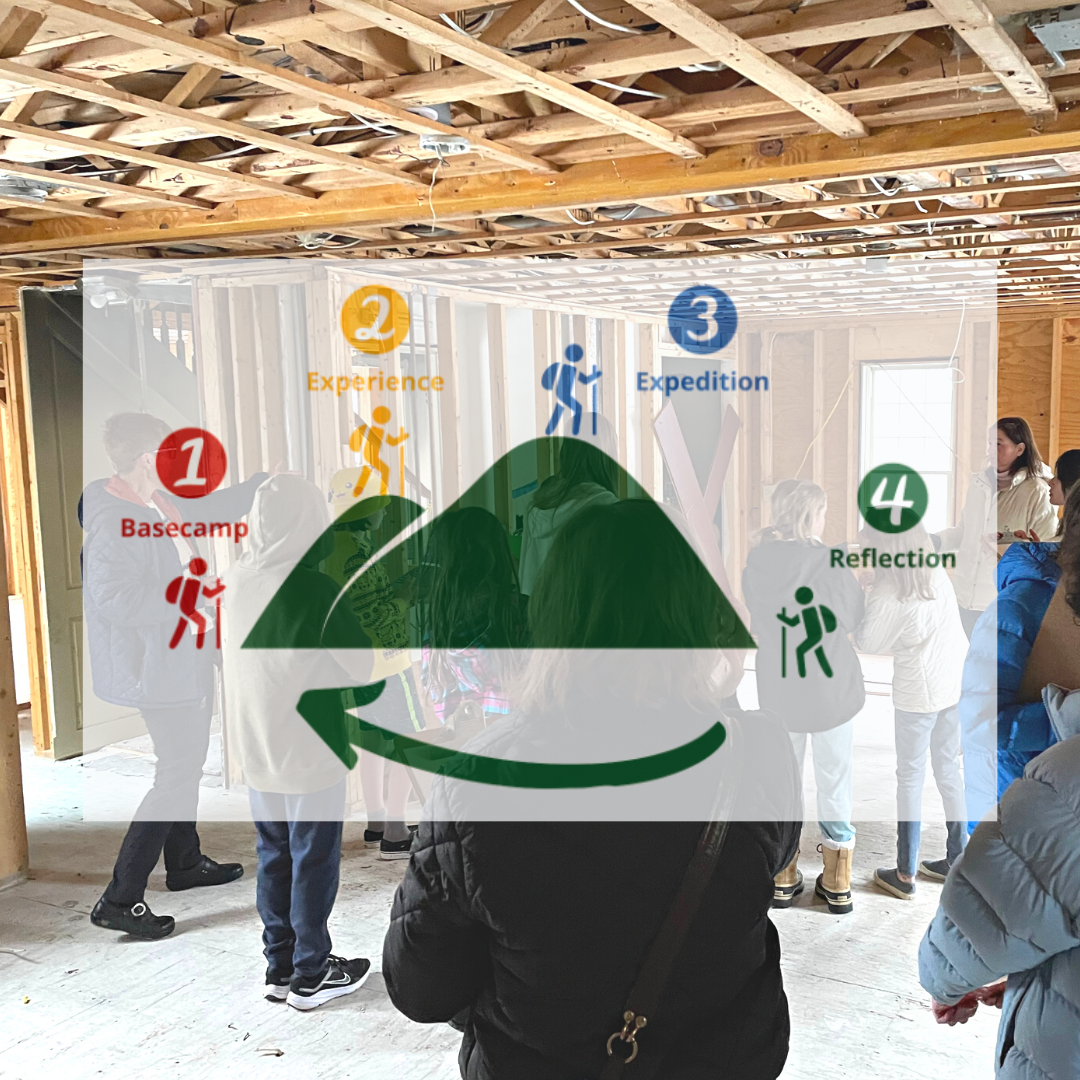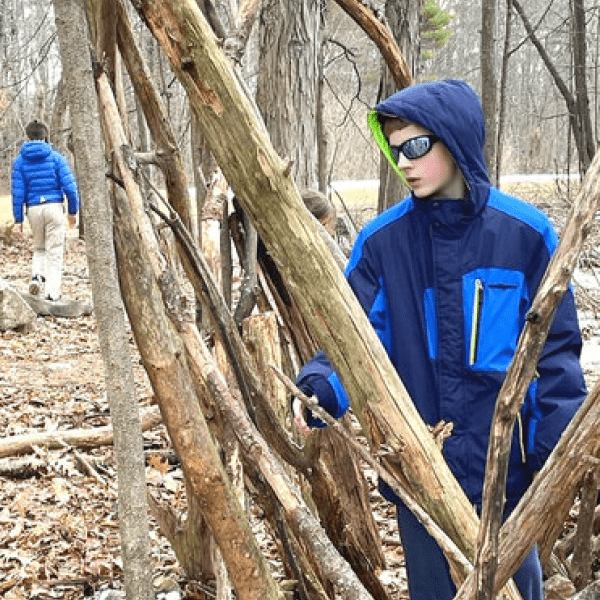
UNDERSTANDING THE IMPACT JOURNEY – #3 EXPEDITION
FEB 2nd, 2024 • 3 MIN READ
What is Expedition?
The Third Step in the IMPACT Learning Journey
In part three of this four-part series, we examine the Expedition stage of the IMPACT Learning Journey and its role in the holistic learning experience of your student at Hampstead Academy.
“I am always doing that which I cannot do, in order that I may learn how to do it.” ― Pablo Picasso
In the IMPACT Learning Journey, the Expedition phase emphasizes immersive, real-world experiences as a central part of the learning process. It connects learning and understanding with practical application. The concept is rooted in the idea that students learn best when they are actively engaged, challenged, and have the opportunity to apply their knowledge and skills in authentic contexts.
Key elements of Expeditionary Learning include:
Real-World Application. The heart of Expeditionary Learning lies in applying academic concepts and skills to real-world situations. Students are encouraged to explore how what they learn in the classroom can be used to solve problems, contribute to their community, or address complex challenges.
Experiential Learning. Expeditionary Learning places a strong emphasis on learning by doing. It involves hands-on, experiential activities that often take students out of the classroom and into real-world settings. This could involve field trips, outdoor adventures, service projects, and more.
Unpredictable Situations. Expeditionary Learning intentionally exposes students to unpredictable situations and challenges. This helps develop resilience, adaptability, and problem-solving skills as students navigate unfamiliar terrain, scenarios, and issues.
Entrepreneurship. Expeditionary Learning often incorporates entrepreneurial activities, where students have the opportunity to create and develop their own projects, initiatives, or solutions. This encourages creativity, innovation, and a sense of ownership over their learning.
Mentorships and Expert Collaboration. Students might engage in internships, work with professionals, or collaborate with experts in various fields. This allows them to learn from real practitioners, gain insights into specific industries, and apply classroom knowledge in professional settings.
In-Depth Research and Development. Expeditionary Learning encourages students to delve deeply into topics of interest. This could involve conducting extensive research, investigating complex issues, and developing a deep understanding of subject matter.
Impactful Projects. Students are often tasked with projects that have a tangible impact on their communities or the wider world. These projects can range from community service initiatives to scientific research, giving students a sense of purpose and contribution.
Critical Thinking and Problem-Solving. By engaging with real-world challenges, students develop critical thinking skills and the ability to analyze problems from multiple angles. They learn to develop creative solutions and make informed decisions.
Collaboration and Communication. Expeditionary Learning often involves teamwork and collaborative projects. Students learn to communicate effectively, share ideas, and work together to achieve common goals.
Reflection and Growth. After each experiential project or expedition, students engage in reflection, discussing what they've learned, the challenges they've faced, and how they've grown. This reflective practice enhances self-awareness and continuous improvement.
Expeditionary Learning actively engages learners in real world learning opportunities that allow them to apply what they’ve learned in the classroom in meaningful and sometimes unpredictable contexts. This approach nurtures skills, attitudes, and knowledge that go beyond traditional textbook education and creates well-rounded, engaged learners who are better prepared to tackle the complexities of today’s world.










